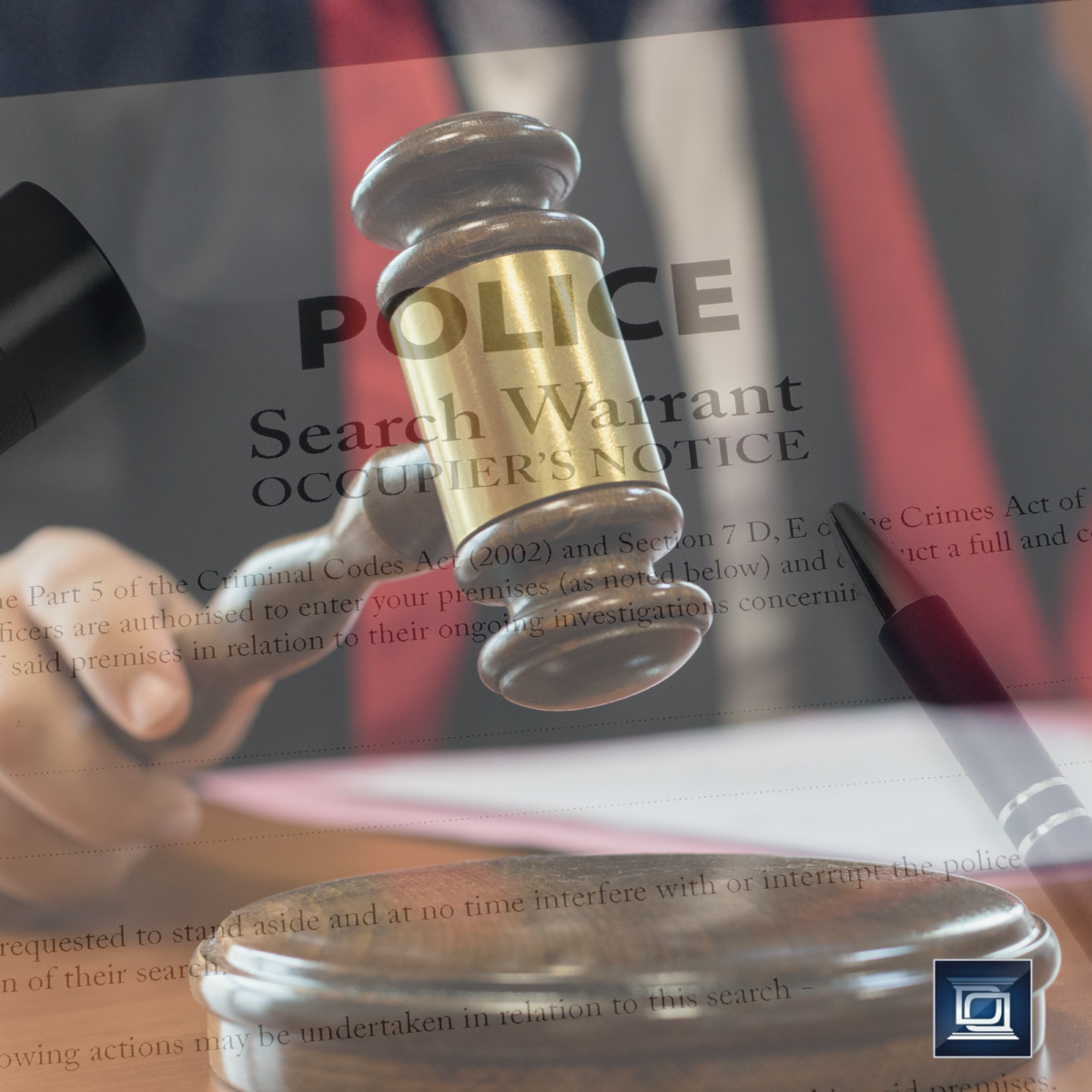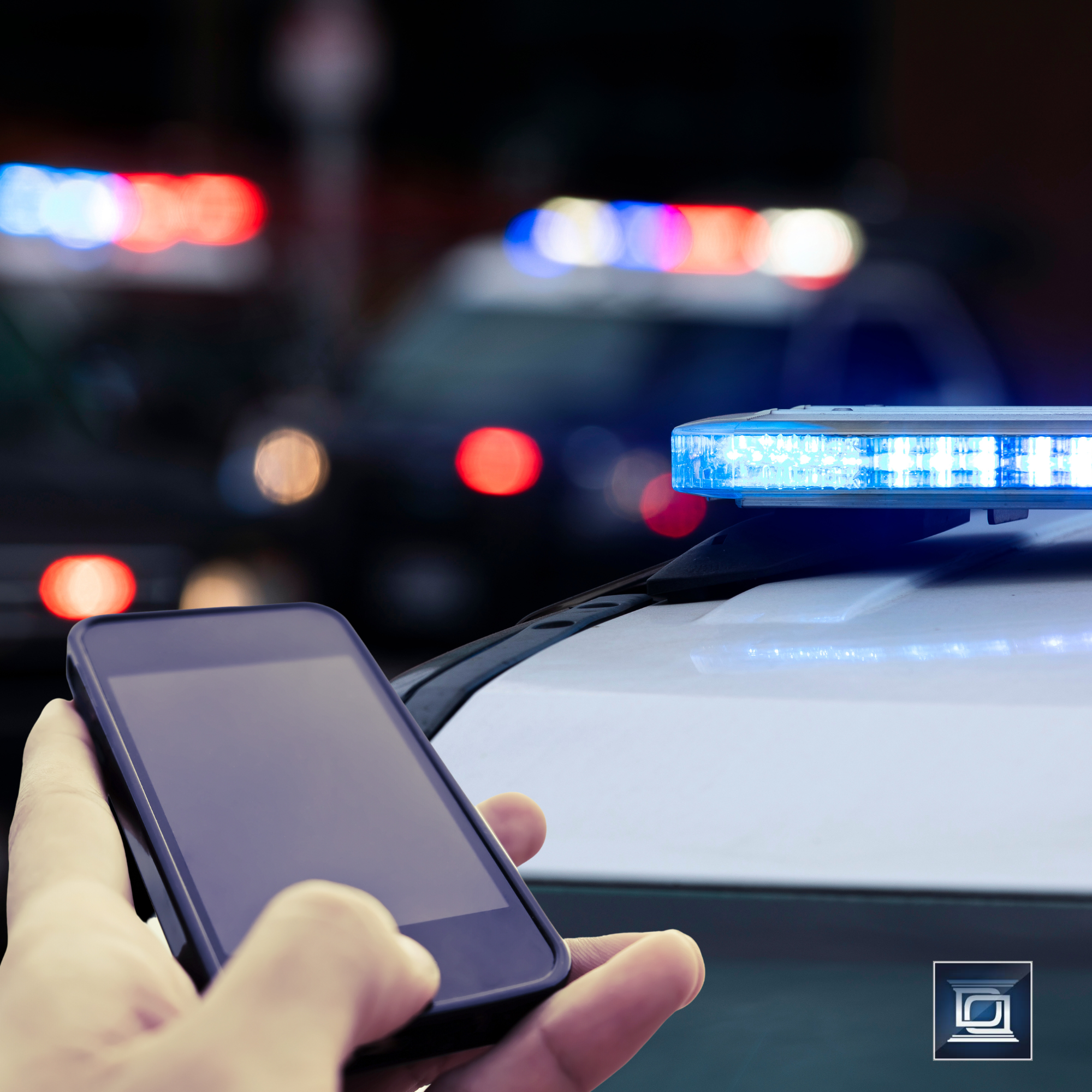In British Columbia, Canada, the police may be able to unlock your phone if they have a warrant or if you have given them permission to do so. The Canadian government passed the Investigative Powers for the 21st Century Act (IP21C) in 2019, which requires technology companies to provide law enforcement agencies with the necessary tools to decrypt communications when they have a warrant.
However, if your phone is protected with a passcode or biometric authentication (such as a fingerprint or facial recognition), the police may need to obtain a court order compelling you to provide the password or unlock your phone. Refusal to comply with a court order may result in being charged with obstruction of justice.
It’s worth noting that there are limits to the police’s ability to access your phone. They must have a valid reason to believe that there is evidence relevant to a criminal investigation on the device, and they cannot simply access your phone without a warrant or court order unless you give them permission to do so.

Obtaining a Warrant
To obtain a warrant to search your phone, the police must demonstrate to a judge or justice of the peace that there are reasonable grounds to believe that there is evidence of a crime on your device. The police must provide specific details about the suspected crime and why they believe your phone contains relevant evidence.
The police can also obtain a warrant for your phone if they believe that it was used in the commission of a crime, or if they suspect that it contains evidence of a crime that has already been committed.
There are many reasons why the police may seek a warrant to search a phone. For example, they may be investigating a drug trafficking operation and believe that text messages on your phone contain information about drug transactions. Alternatively, they may be investigating a homicide and believe that your phone contains evidence of your whereabouts at the time of the crime.
In general, the police must follow strict guidelines and procedures when seeking a warrant to search a phone, and the warrant must be issued by a judge or justice of the peace. The goal is to ensure that the police have a legitimate reason to search the phone and that the individual’s privacy rights are protected.

How Long can Police Hold My Phone without a Warrant?
In British Columbia, the police generally require a warrant to search your phone unless you provide them with your consent to do so. However, there may be certain circumstances where the police can hold your phone without a warrant for a limited period of time.
For example, if the police have reasonable grounds to believe that your phone contains evidence of a crime and they require the phone to prevent the evidence from being lost or destroyed, they may be able to seize and hold onto your phone temporarily while they apply for a warrant to search it.
In general, the police are required to act reasonably and with a sense of urgency when holding onto property, including phones, that they have seized as part of an investigation. The length of time that the police can hold your phone without a warrant may depend on various factors, such as the nature of the investigation, the urgency of the situation, and whether the police are making reasonable efforts to obtain a warrant as soon as possible.
If your phone has been seized by the police and you are concerned about how long they are holding onto it, you may want to speak with a lawyer to discuss your options. A lawyer can provide you with guidance on your rights and the procedures that the police must follow when seizing and holding onto your phone.
Once the police have obtained a warrant, they may be able to unlock your phone and search its contents. If your phone is protected by a passcode or biometric authentication, the police may also require you to provide the password or unlock your phone if a court order has been issued compelling you to do so.
It’s important to note that the police must follow strict guidelines and procedures when seizing and searching a phone, and they must have a legitimate reason to do so. If you believe that your phone has been seized unlawfully or that your rights have been violated, you may want to speak with a lawyer to discuss your options.
The criminal defence lawyers at Dhanu Dhaliwal Law Group can help you protect your rights and property. We can also defend you against criminal charges and fight for the best possible outcome for your case.
Get in touch with our team today by calling our Abbotsford office or our Surrey office, or by filling out the contact form on this page.
Can the Police Track My Phone?
In criminal investigations, law enforcement may seek to locate a person by tracking heir cell phone. This is sometimes called “pinging.” Usually, obtaining a warrant is necessary for the police to do this. The criteria for obtaining a warrant to track a cell phone can be found in section 492.1(2) of the Criminal Code of Canada:
“A justice or judge who is satisfied by information on oath that there are reasonable grounds to believe that an offence has been or will be committed under this or any other Act of Parliament and that tracking an individual’s movement by identifying the location of a thing that is usually carried or worn by the individual will assist in the investigation of the offence may issue a warrant authorizing a peace officer or a public officer to obtain that tracking data by means of a tracking device.”
Tracking a cell phone without a warrant, in certain situations, may infringe on your right to be protected against unreasonable search or seizure.






